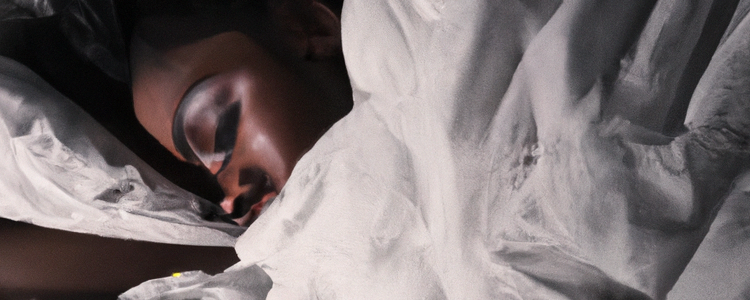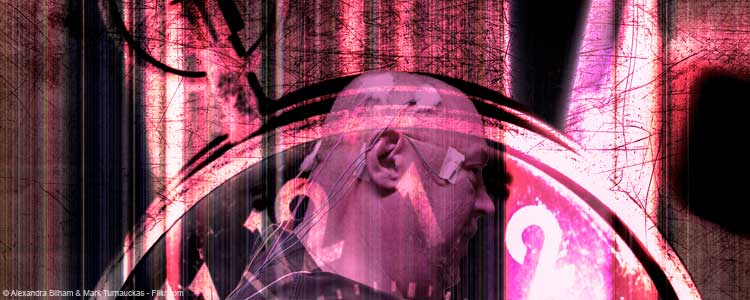Antiphon, a Greek living in the fourth century BC., wrote the first known descriptive book of dreams. It was designed to be used for practical, and professional interpretations. He maintained that dreams are not created by supernatural powers but natural conditions. In the second century AD. a similar book was written by Artemidorus, a Greek physician who lived in Rome. He claimed to have gathered his information from ancient sources, possible from the Egyptian dream book dating from the second millennium BC. He may have used works from the Assurbanipal library, later destroyed, which held one of the most complete collections of dream literature. Artemidorus classified dreams into dreams, visions, oracles, fantasies and apparitions. He stated two classes of dreams; the somnium, which forecast events, and the insomnium, which are concerned with present matters. For the somnium dreams Artemidorus gave a dream dictionary. He said Abyss meant an impending danger, a dream of warning. Candle: to see one being lighted forecasts a birth; to exhibit a lighted candle augers contentment and prosperity; a dimly burning candle shows sickness, sadness and delay. This latter is taken from folklore of the times, and because dreams tend to use commonly used verbal images, was probably true. He maintained that a persons name – that is there identity, and the family, national and social background from which they arose – has bearing on what their dream means.
October 3, 2013
Dreams and ancient Greece
ERecent
Popular




